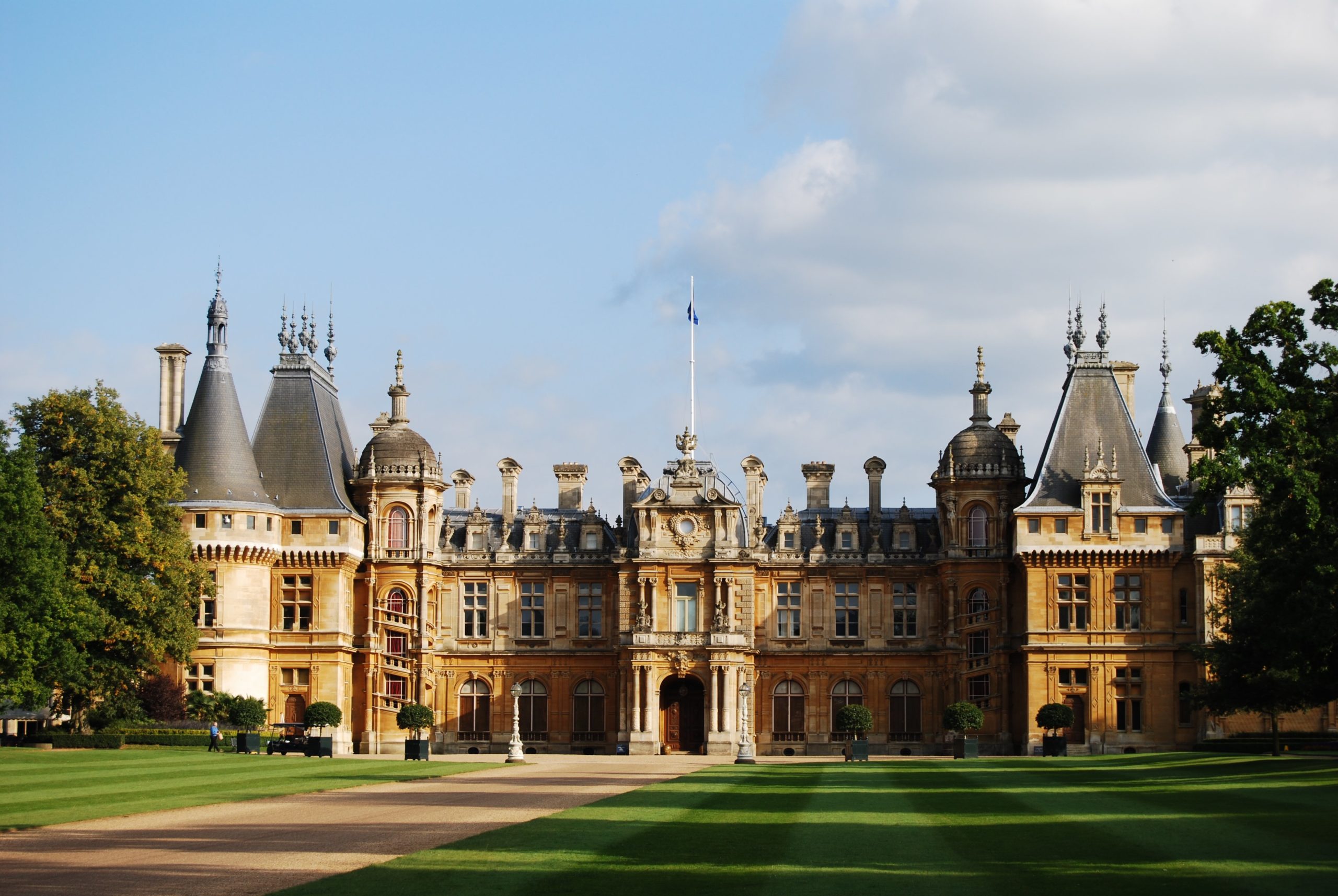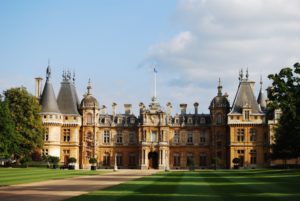
Declarations Of Trust For UK Property
What is a declaration of trust?
Declarations of trust, or ‘deeds of trust’, are used in property transactions when two or more people decide to buy a property together as tenants in common, as opposed to joint tenants, i.e. they don’t own the property equally but will have different shares in it which won’t pass to the other co-owner on death. A declaration of trust for tenants in common sets out each person’s contribution and the proportions of the property they own, while it can also set out and factor in contributions to mortgage payments and other outgoings. The declaration of trust is then referred to when the property is sold so as to ensure that each owner will get their due portion of what they put into the property.

Another use for a declaration of trust is when the legal owners of the property, the trustees, are to be the registered owners but others have contributed to the purchase price and want their interest noted. Commonly this would be when a third party such as a parent assists with the purchase of a property by putting up some of the capital but is not to be named on the property’s title. The parent can therefore register their beneficial interest on a trust deed and protect their interests. Even if the parent’s contribution is a gift and not an investment a parent can also use a declaration of trust to protect against the child’s partner and joint owner of the property from receiving any of the gift in the event of a relationship breakdown.
Without a declaration of trust, there is more chance of time consuming and costly disputes about the division of proceeds when a property is sold or relationship breaks down.
Provisions to include
The declaration of trust can also include provisions such as:
- if there’s a relationship breakdown between the parties a procedure to govern the sale of the property;
- agreement as to the division of sale proceeds in the event of a decrease in value of the property below the price originally paid for it;
- how mortgage payments, council tax, insurance, maintenance and household utilities payments are to be divided between the owners;
- an indemnity by one co-owner to another if the mortgage has been secured by only one of the co-owners;
- an adjustment mechanism if one party pays for improvements or repairs to the property or pays for all of the outgoings for a period of time;
- a first refusal ‘pre-emption’ right to purchase the property if one of the co-owners wants to sell;
- valuation methodology to follow, particularly if a there is a fall out or deadlock between the parties; and
- a lodger being taken in if one party moves out.
Registration
The trust deed changes the legal ownership of a property. It can (and should) be protected at the land registry and can be enforced in court..
Once the declaration of trust is finalised, you should give your conveyancer the original completed and signed, but undated, deed before completion of the purchase. The conveyancer will then arrange to have the deed dated on the date of completion and a restriction entered on the title register of the property when they register the purchase.
Execution
As the document is a deed this means that each signature must be witnessed by any independent person over the age of 18 and unconnected with the parties (i.e. not a family member). The witnesses signs and adds their name, address and occupation directly underneath the signature of the party they are witnessing.
It is a good idea to certify any copies for everyone’s records. This means that a copy is confirmed by a qualified person, usually a solicitor, as a true copy of the original document.
Gift element
If some of the money being contributed to the property by a parent is to be considered as a gift then the declaration of trust can also confirm what element of the contribution is a gift to the child and how much of it will make up the parent’s beneficial interest in the property. Of course, the advantage of a gift is that if the parent lives for at least seven years after making it, then the child will not have to pay inheritance tax on that amount when the parent passes away.
Tax considerations
Tenants in common would usually be treated separately meaning each individual pays their own tax. In respect of income tax and capital gains tax, any profits and losses arising from the property will be treated as accruing directly to the relevant co-owners according to the beneficial shares in the property. Spouses and civil partners are generally treated as entitled to income in equal shares unless they opt for taxation on a different basis which corresponds to their beneficial interests or an exclusion applies.
If co-owners are changing the proportions in which they hold a property, then CGT is likely to be payable. SDLT may also be applicable if the declaration has the effect of transferring a beneficial interest in the property from one co-owner to another.
Legal advice
To be satisfied that a declaration of trust will work for each of the parties to it, and also that it will be binding, ensure that appropriate legal advice is taken. If possible, each party should take independent legal advice.
Next steps
We have included a simple, and easy to adapt, declaration of trust template, together with guidance notes, in our shop.
Otherwise, we can advise on and produce a declaration of trust on a fixed fee basis, usually for £400 plus VAT unless requirements and circumstances are particularly complex. Please email us to arrange a 20 minute no cost no obligation initial consultation to discuss your requirements.
As a starting point please complete this questionnaire which lists some basic details we will need in order to produce a declaration of trust.
Further reading:
